

Uh oh...
It appears that you're using a severely outdated version of Safari on Windows. Many features won't work correctly, and functionality can't be guaranteed. Please try viewing this website in Edge, Mozilla, Chrome, or another modern browser. Sorry for any inconvenience this may have caused!
Read More about this safari issue.

In recognition of Black History Month, we’re celebrating African-American Arkansans who pioneered their fields.

Timothy C. Evans
Timothy C. Evans of Hot Springs is the first African American to be elected Chief Judge of the Cook County Circuit Court of Illinois, where he still resides as Chief Judge. As chief judge, Evans oversees 400 judges over the court’s ten divisions. His innovation has brought reform to the court he serves, introducing two court-wide divisions dedicated to domestic violence and elder law matters, a court dedicated to mental health and drug treatment and support for veterans.
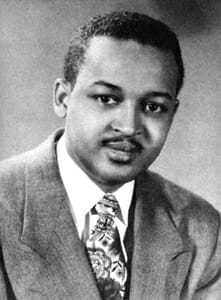
Henry Bernard Glover
Henry Bernard Glover was a pioneering African-American record executive, businessman, musician, and songwriter. He was country music’s first major African-American music executive, whose work helped pave the way for the rise of rock and roll in the mid-1950s. Over thirty years, Glover worked with many artists, African-American and white, across many popular genres. Among his most famous songs are “Drown in My Own Tears,” a No. 1 record for Ray Charles, and “Blues Stay Away from Me” by the Delmore Brothers, which Glover co-wrote.
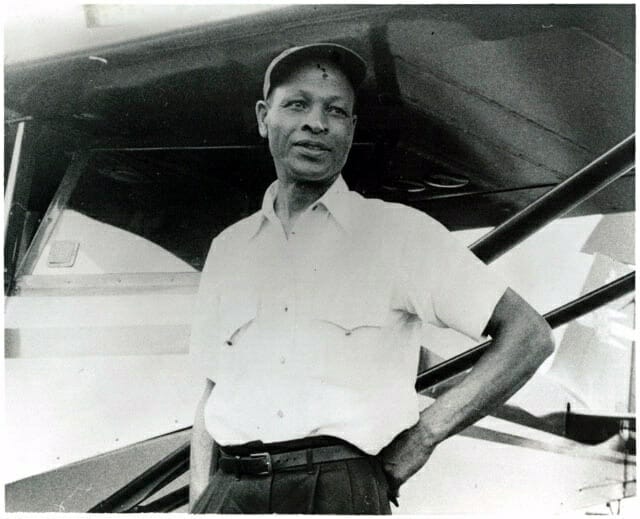
Cornelius Coffey
Cornelius Coffey of Newport, Arkansas, was the first African American to establish an aeronautical school in the United States. His school became part of the Civilian Pilot Training Program (CPTP). In 1931, he and a group of like-minded black air enthusiasts studied at the Curtiss-Wright Aeronautical School before organizing a Challengers Air Pilots’ Association to bring other African Americans in Chicago flying opportunities. His efforts led to the integration of African American pilots into the American aviation industry.

Lottie Shackelford
Lottie Shackelford is a groundbreaking politician who became the first female mayor of Little Rock. She began her political career in 1978 when appointed to the Board of Directors for Little Rock, where she served until the Board elected her mayor in 1987. Shackelford also served as an Arkansas delegate for the Democratic National Convention from 1980 through 2012, as a deputy manager of Governor Bill Clinton’s campaign for president in 1992, and as a U.S. delegate to the United Nations Commission on the Status of Women in Vienna, Austria.
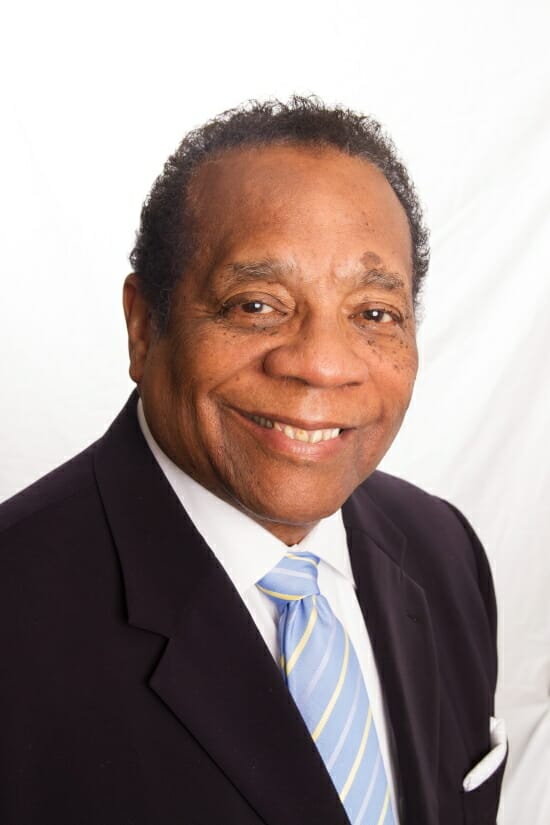
Richard Mays
Richard Mays was among the first African-Americans elected to the Arkansas General Assembly. In 1972, the state reapportioned seats in the legislature to include African American voices in judicial processes. Mays was one of three African Americans elected to the Senate or House of Representatives, along with Jerry Jewel, Henry Wilkins, and William Townsend. Currently, he leads a law office with his son, daughter and other minority attornies.
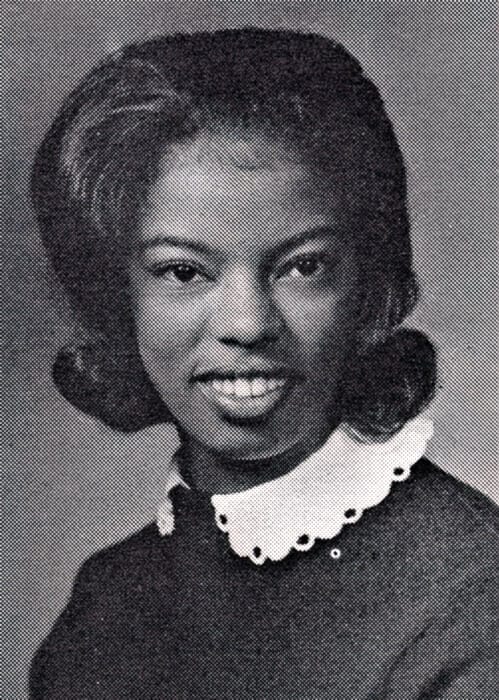
Carolyn Jean Green
Carolyn Jean Green was the first of two African-American Arkansans to graduate from what is now Ouachita Baptist University (OBU). During her college years, Green was active in the National Association for the Advancement of Colored People (NAACP) and trailblazer on the Ouachita and Henderson State College campuses, establishing rights for African-American students previously denied by those institutions.

Josiah H. Blount
Josiah H. Blount was the first black person to run for Governor of Arkansas. A lifelong Republican supporter, Blount attempted to attend the Republican Convention in Little Rock in 1920. He hoped to receive the party’s nomination but was denied entrance due to the color of his skin. Other Black Republicans formed their own party faction, the “Black and Tans,” and chose Blount as their candidate. He received 15,627 votes and polled better than his Republican opponent in 14 counties, including Pulaski County.
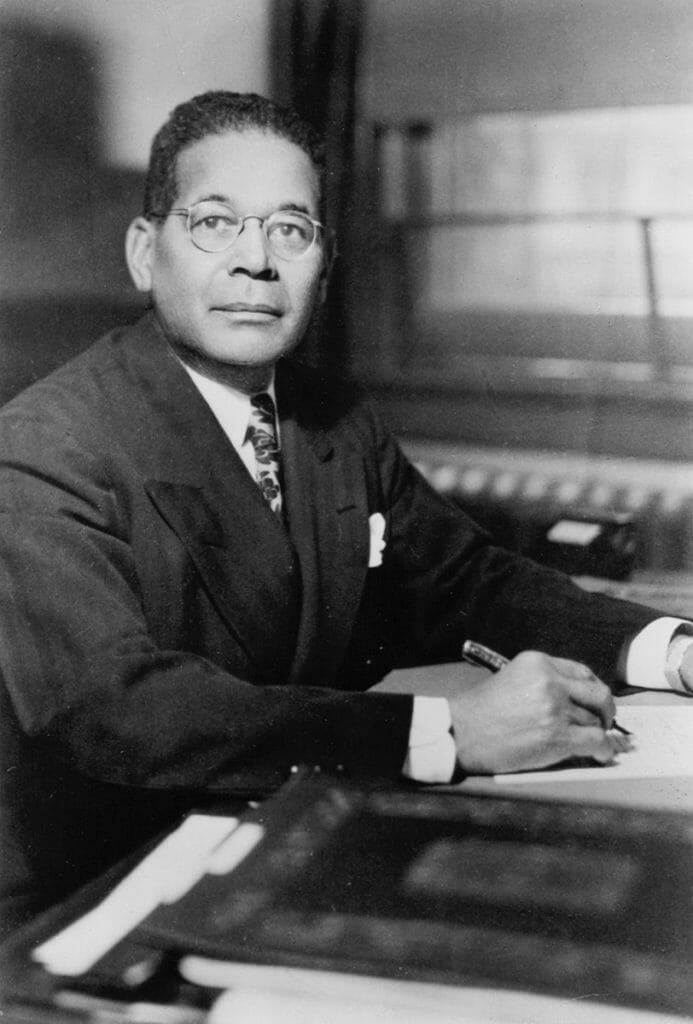
Dr. George Edmund Haynes
Dr. George Edmund Haynes was an educational leader that made strides in sociology and policy. He was the first African American to earn a Ph.D. from Columbia University in 1912, completing his dissertation, “The Negro at Work in New York: A Study in Economic Progress.” Haynes assisted in developing the nation’s first social work training program for black graduate students, housed at Fisk University. Soon after, Haynes developed the first course in a United States college related to African-American history.

Joyce Elise Williams Warren
Joyce Elise Williams Warren was the first black female judge in the Pulaski County system and the first black woman to serve as a judge in Arkansas courts. She also holds the honor of being the first black female graduate of what is now the University of Arkansas at Little Rock William H. Bowen School of Law, completing her Juris Doctor degree in 1976. In 1977, Warren became the first black law clerk to serve under the Arkansas Supreme Court, supporting Associate Justice Darrell Hickman. Her trailblazing contributions do not stop there. In November 1990, Warren was the first African-American elected to a state-level trial court judgeship in Arkansas. Warren retired in 2019, but her contributions to law are as impactful as ever.

Elliott van Zandt
Elliott van Zandt of Hot Springs was a pioneering figure in international athletics and the first athletic trainer in Italian soccer. He became a critical figure in developing national programs for several different sports, specifically basketball, in countries across Europe. His training led the Italian national basketball team to the 1948 Olympics. Those he trained cited this achievement to his amazing sense of humor and dedication to his craft as an unusual but demanding coach who pushed his teams to success.
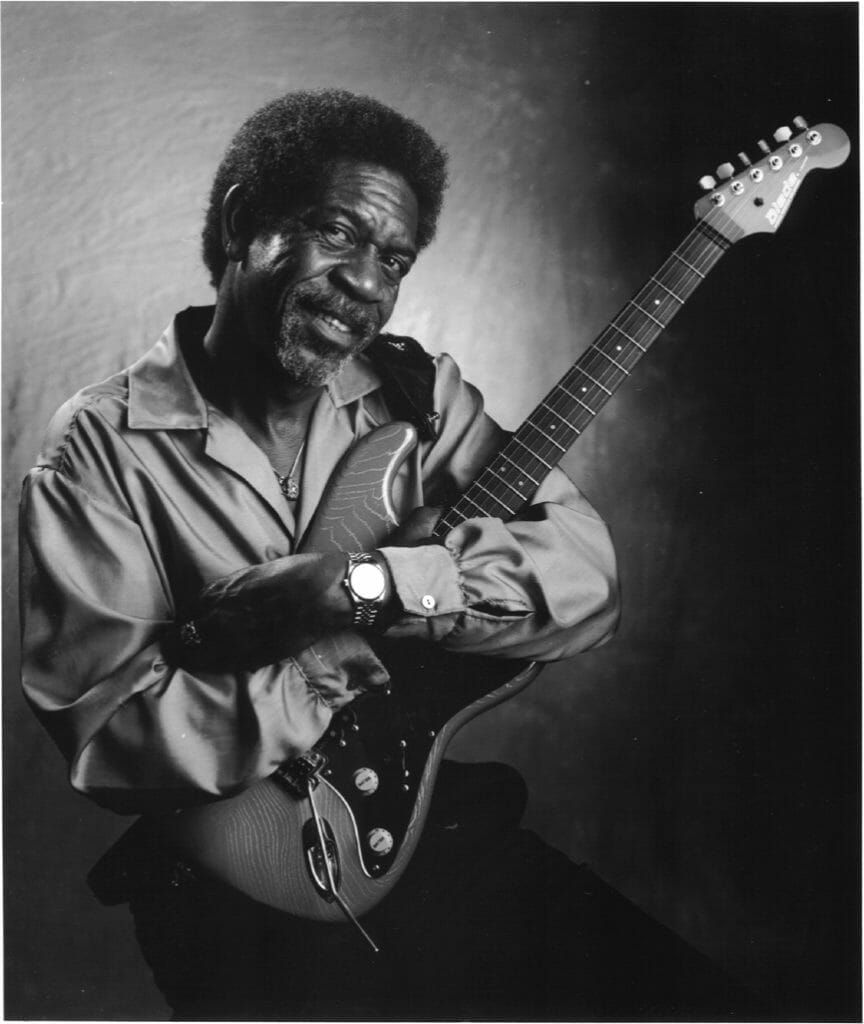
Luther Allison
Blues guitarist from Widener, Arkansas, Luther Allison was the first blues act signed to Motown Records. Allison came from a long line of musically gifted children, which led him to an illustrious music career. He released three albums under Motown records, played with blues legends such as Howlin’ Wolf and Freddie King, and later became known as “the Bruce Springsteen of blues.” Allison was inducted into the Blues Hall of Fame in 1998, just one year after he died.
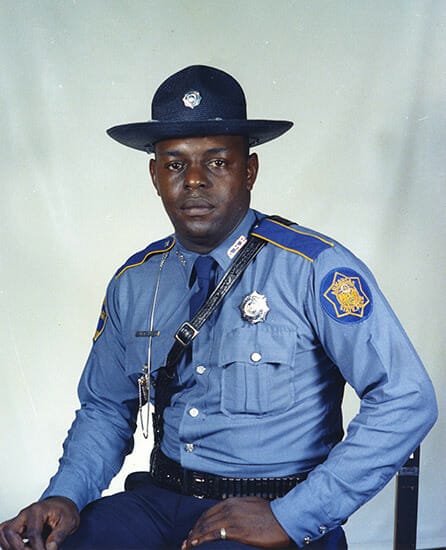
Marion Taylor Jr.
Marion Taylor Jr. was the first African-American officer in the Arkansas State Police. He served as the State Police’s public service spokesman. He also served as an instructor in public relations and social science at the state police academy.
Sorry, there were no posts found.
Join the Conversation
Leave a Comment
2 responses to “Pioneering African-American Arkansans”
 Leave a Reply
Leave a Reply
We do the work.
You check your email.
Sign up for our weekly e-news.
Get stories sent straight to your inbox!







 Leave a Reply
Leave a Reply
Information concerning Mr. Fred Moore who organized popular blues groups to visit the African American Community Center in Warren Arkansas during the 1950s…
[…] Pioneering African Americans in Arkansas – pioneers who changed their field of study and careers […]